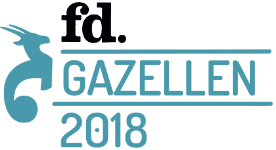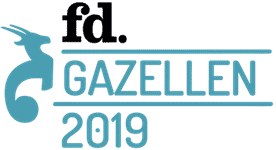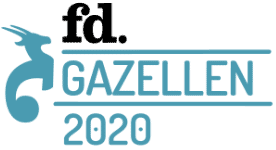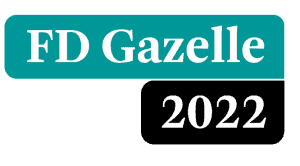Who is Stéphane Abrial?
Defence has been the red thread of my career with 40 years of service in the military. I started as a fighter pilot and later became Chief of Staff of the French air force, then Supreme Allied Commander Transformation at NATO. After my military career, I joined the flagship aerospace and defence company, Safran, for 7 years. My wife is German and we have two grown-up children.
What will you be doing at Hague?
With Hague, I will focus on issues related to defence and security, aerospace, and more broadly industry. In particular, I will work on the link between France and the Netherlands, as well as the international dimension of policies.
Why did you say ‘yes’ to Hague?
Hague appealed to me because we share a common observation: the relations between France and the Netherlands can be improved. Both countries and the European Union could get much more out of a stronger collaboration – not only in defence. The French-Dutch memorandum on quantum technologies is a good start, but those two countries could achieve even more together. That’s why I am pleased to join the exciting world of Hague and its young, dynamic team.
Which expertise do you bring along and how will it help our clients?
Whether in military command, politics or business, a critical quality is the ability to anticipate and to take (difficult) decisions. I have been entrusted with this responsibility as I took on high-level positions in the French government, the air force, NATO and the defence industry. That allowed me to understand those different organisations from within. This is part of the expertise I am bringing to Hague’s clients, together with strategic vision and my deep knowledge of geopolitical matters.
Which trends can we expect in the field of defence and security in 2022?
I think that the U.S.-China relations will keep on dominating the international agenda, even though both sides will seek to avoid further escalation. We can expect several crises to continue, namely tensions around Afghanistan, migrations, jihadism, or Taiwan. Hybrid warfare is another growing trend to reckon with, whereby conflicts spread to new, shapeless grounds, such as the cyber sphere. In such context, we can only expect defence budgets to keep on swelling. The European Union is finally becoming aware that it needs to invest in its own security, and many Member States are now convinced they need to be prepared. The French Presidency of the EU will be a turning point in this regard, starting January 2022, as it will put the stress on Europe’s strategic autonomy and sovereignty, on cybersecurity, and lay the ground for building a stronger and more capable European defence, complementary to NATO.










